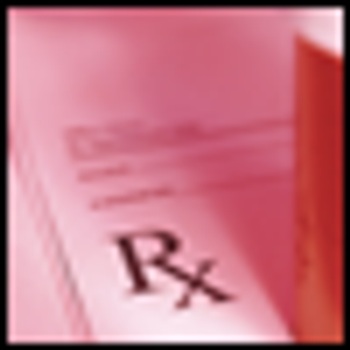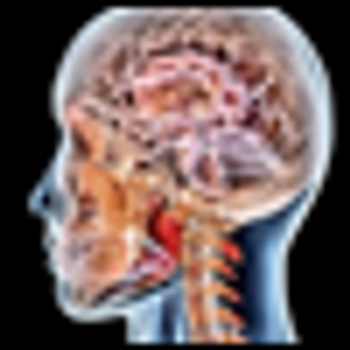
During their time in Ayacucho, these visiting psychiatrists learned that American psychiatric training has wide-reaching cultural value.


During their time in Ayacucho, these visiting psychiatrists learned that American psychiatric training has wide-reaching cultural value.

While there are currently no treatments for AD, it is important to examine what we are treating. By the time AD is diagnosed by clinical symptoms, 8 to possibly 15 years of pathological damage has already occurred.

Charles Dickens might well say of American psychiatry, “These are the best of times and the worst of times.”

This article outline a previously undescribed mechanism for understanding the molecular relationships between the hypothalamus and high-fat diets. Do they also hint at the creation of a fat pill?

Dr Roger McIntyre answers a reader's question. How would you answer? Take the quiz.

This column has always been about the world of molecular mental health research. I revisit the technology in this column, now aimed at one of molecular neuropsychiatry’s most intractable, frustrating lines of research: the molecular/cellular basis of schizophrenia.

On the wide range of symptoms in schizophrenia, including alterations of the dopaminergic and/or glutamatergic systems, abnormal neurodevelopment, and the theory of immune system imbalance.

Several available agents in addition to methylene blue are being investigated for bipolar disorder and were in a in a recent review.

In my view, Dr Angell’s assertions reflect both a serious misunderstanding of psychiatric diagnosis, and-equally important-a failure to address the core philosophical issues involved in her use of the terms “subjective,” “objective,” “behaviors,” and “signs.”

Psychotherapy outcomes and the mechanisms of change that are related to its effects have traditionally been investigated on the psychological and social levels, by measuring changes in symptoms, psychological abilities, personality, or social functioning.

Psychiatric Times presents exclusive coverage of the American Psychiatric Association Conference. Here you will find the latest news, resources, and updates from the 2012 APA Conference, the 165th Annual Meeting of the American Psychiatric Association, May 5-9, 2012, in Philadelphia.

Many will recall “The Decade of the Brain,” when President George H.W. Bush declared that the 1990s would be dedicated to research on neuroscience. If there were landmark findings from that decade, I’m not sure what they were.

If Blake were alive today, maybe he’d start one of his famous stanzas with something like, “To see meaning in a 15-minute med check…” If not, I will. Here’s how I’ve come to justify this.

In this column, we explore how the judicious use of neural stem cells (NSCs) has led to a research Holy Grail: the creation of research-ready, patient-specific neurons.

If ketamine is able to turn off a patient’s depression, even for one day, you have accomplished something important, whether or not you can maintain it. This is because you have at least given the patient hope . . . that in itself is very significant from a therapeutic perspective.

Dr Weissman discusses psychiatric residency recruitment by looking at the forces that affect a student’s selection of a psychiatric career rather than at what the influences have been during the past 5 years.

Dr McIntyre discusses bipolar disorder and several studies in medical comorbidity in general and more specifically neurological comorbidity.

Daily meditation over a consistent period of time changes gray matter density in parts of the brain associated with memory, sense of self, empathy, and stress. But more research is needed.

The doctor’s role is to go beyond the obvious and to detect subtle determinants. Good diagnosticians have been trained to look beneath the loud symptom and consider underlying factors.

The neuroanatomical linkage that emerges from a normal part of business experience-the reaction to success and also to failure (especially if that failure happens to someone else)-is the focus of this column.

Psychiatric Times bids a very fond farewell to our long-time board member Jeffrey L. Cummings, MD, who was the originator of the Psychiatric Times “Brain and Behavior” column, which he penned for several years.

Researchers who have spent their careers studying schizophrenia and mood disorders might be forgiven a bit of �“biomarker envy.” At long last, it seems that the neurologists and neuropsychiatrists have developed some fairly sensitive and specific “lab tests” for Alzheimer’s Disease (AD).

Ethical Questions at the Intersection of Neurotechnology and Psychiatry

Digital technology has transformed the way people live, work, and play. We are now able to instantly communicate with anyone, anywhere, anytime; however, an overload of technology can be counterproductive.

Transcranial magnetic stimulation (TMS) is noninvasive focused brain stimulation that uses pulsed magnetic fields. The underlying mechanism depends on the principle of electromagnetic induction, the process (discovered by Faraday in 1839) by which electrical energy is converted into a magnetic field and vice versa.1